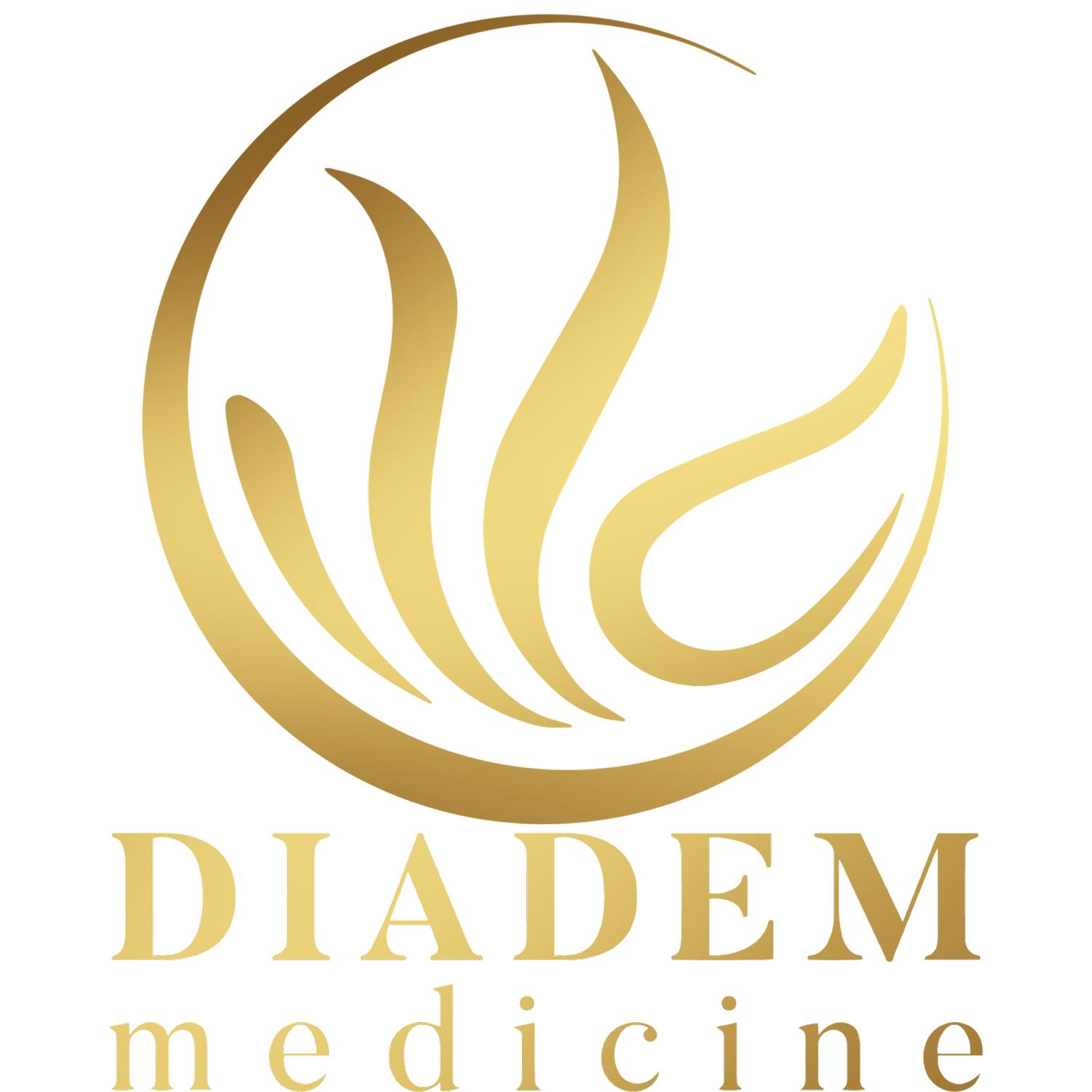Insurance
You deserve the right to self-disclose. While many services offered are for self-development and self-mastery, they can also be highly effective for mental health treatment where traditional talk therapies may not have worked. This somatic based care may also be the key for unlocking mental blocks that then allow for greater effectiveness with traditional/western mental health care. In a world where mental health care is highly stigmatized, you deserve the right to disclose as you prefer.
Not taking insurance offers nearly 100% guarantee of privacy. People who come seeking services with Diadem Medicine may not have a mental health diagnosis AND/OR it would hurt them to have a diagnosis. Diadem Medicine does not diagnose. This also offers protection to those with employment where a background check or clearance are required.
HIPAA has limitations. Health Insurance companies and Case Managers companies may review your health files. This information may be used to increase premiums or to deny care. This is an invasion of your privacy.
In the event of a Legal Request for Medical Discovery as a part of a case - all notes may be discoverable in Court.
A few notes may be taken to guide the session but most notes are intended to guide your personal integration practices. Any notes taken are immediately available to you in your client file.
Reimbursement. You may be able to submit invoices for reimbursement from your Health Insurance for Complementary and Alternative Medical (CAM) Care. Despite being Internationally Certified as a Complementary Therapy, western insurance companies may reject this care. Services are considered Out Of Network.
Your Health Savings Plan (HSA / HRA / FSA) may reimburse for Alternative Medicine and Therapies with a PCM Letter of Medical Necessity.
Active Duty Military. OPM. Veterans. We do not disclose your care to your Command teams. We are happy to write letters as necessary to support you - upon your request. A sliding scale is available to you.
SLIDING SCALE scholarship eligibility
Marginalized Communities: social, cultural, economic, and historically excluded communities (BIPOC, AAHNPI, LGBTQIA+, single parents)
Military Veterans and their families (Disability and Status based)
Active Duty Military (Rank based)
Persons on Medicaid
